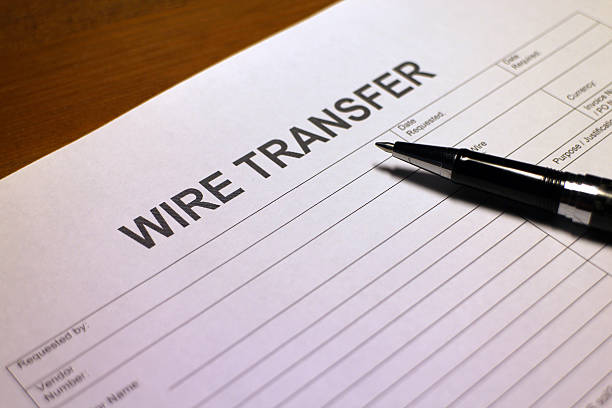Recent Users' Comments

UNION BANK, N.A.
I found these routing numbers for Union bank: California - 122000496, Former Frontier Bank - 122000496, Oregon - 123000068, Washington - 125000118. Call Union Bank at 800-238-4486 for accurate info
Read More
LUSO AMERICAN CREDIT UNION
Fee for outgoing domestic wire transfer for Luso American CU is $15.00.
Read More
WEST MICHIGAN SAVINGS BANK
Outgoing wire transfer fee at West Michigan Savings is $20 for domestic and $35 for international.
Read More
SHORELINE CREDIT UNION
What information do I need to setup my payroll direct deposit at Shoreline CU?
Read More